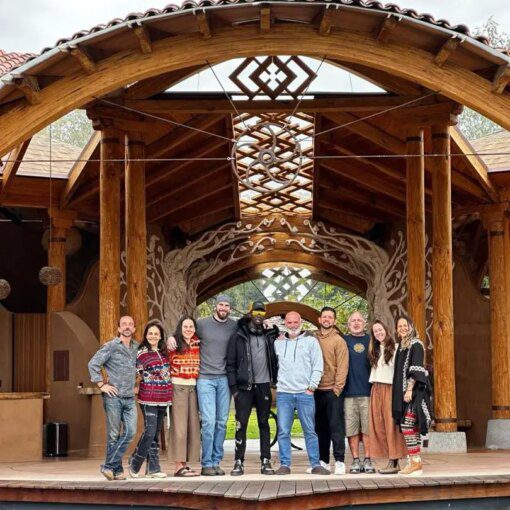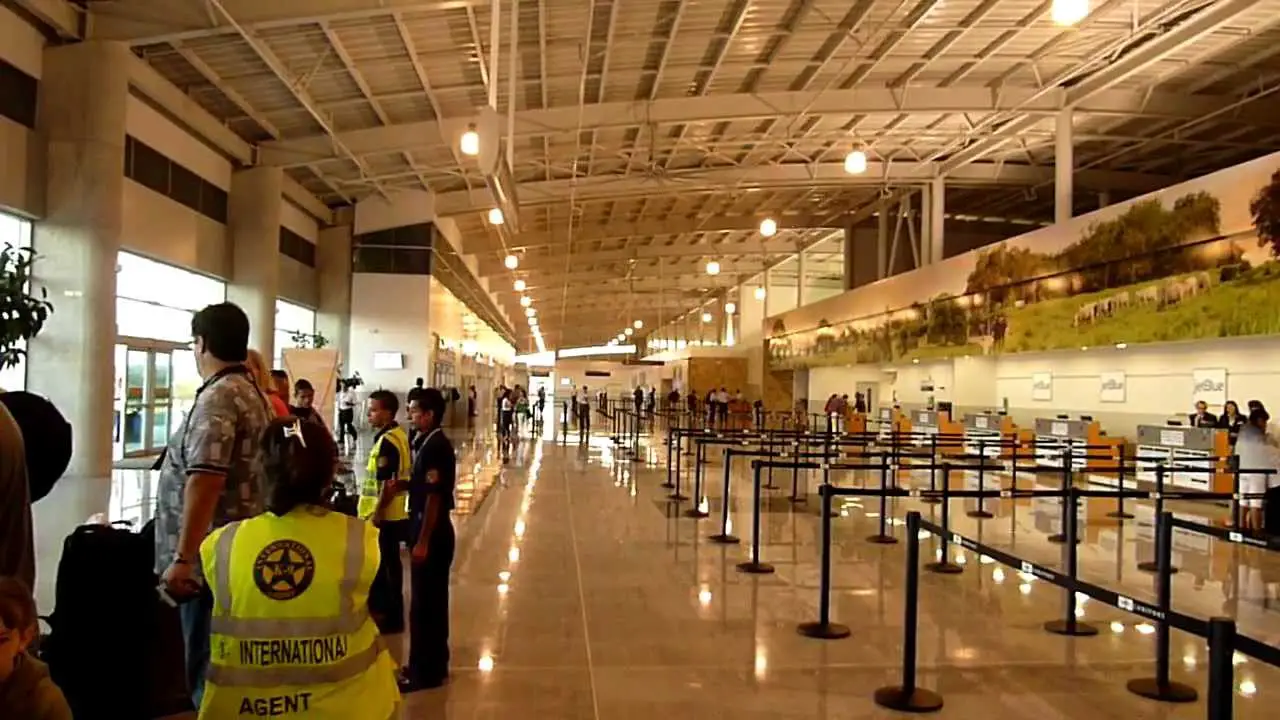Q COSTARICA — At the end of August, the Ministerio de Hacienda (Ministry of Finance) reported a cumulative net increase in total revenue of ¢85.176 billion colones compared to the same period in 2024. However, the apparent good news also includes an alarming sign that has been emerging for months.
The Ministry of Finance confirmed a slowdown in the pace of fiscal growth (tax revenue), falling from 2.2% as a percentage of GDP in 2024 to 1.8% this year.
In other words, it is true that more money was collected between January and August of this year compared to the same period in 2024; but total revenue growth was lower as a percentage of GDP.
This implies that the Government does not have sufficient resources to invest in education, healthcare, and, above all, security.
New taxes?
This has led various sectors to believe that Costa Rica should consider discussing new revenue sources for the State, including free trade zones.
Thanks to the boost from this sector, the Costa Rican economy reported year-on-year growth of 4.8% and an acceleration of 0.8 percentage points compared to the same month last year, which was, in turn, the highest figure recorded in 21 months, the Banco Central (Central Bank) reported last week.
“We reiterate that the possibility of fiscal adjustment on the spending side is over; many spending items urgently require greater resource allocation, while we respectfully call to avoid further weakening of the tax system. Recovering lost spending space will require more tax revenue, and the discussion on how to do so must begin soon,” stated experts from the Economic and Social Observatory (OES) of the School of Economics of the National University (UNA) at the end of last year.
Several presidential candidates, Álvaro Ramos, of the PLN; Juan Carlos Hidalgo, of the PUSC; Natalia Díaz, of Unidos Podemos; José Aguilar, of Avanza; Fernando Zamora, of Nueva Generación; and Eli Feinzaig, of the Liberal Progresista party, previously consulted by La República about the country’s fiscal situation acknowledged that the state is experiencing tight economic times. However, they rejected any attempt to approve new taxes during the next administration.
In the case of the PLN, Ramos suggested that there is poor tax collection management.
“I do confess to a bit of perplexity that we have an economy that the government describes as very positive, but when one says: ‘Oh, great, the economy is doing well. Let’s invest more in security.’ The answer is: it can’t be done. What is the real situation regarding tax management? Why is it not enough? What did this government do that, having an economy that, according to their numbers, has been growing well, there isn’t enough money for anything?” Ramos said.
Meanwhile, Aguilar told La Republica the need for the government to prioritize where resources will be invested, since any new tax has been completely ruled out.
“We need to redirect financial resources, and this must be said without hesitation or populism. We’re going to be in a very tight macroeconomic situation; the primary surplus will probably disappear because that positive return that was attributable to VAT is already flattening. So, we’re going to have to undertake a process that isn’t easy, and which, as a country, we hope you’ll support us with.
“It involves redirecting funds from some other public services other than health and education. But we’re going to have to temporarily put some issues on hold and redirect the money, because it can’t be possible that the patrol cars are damaged, that they don’t have tires, that the police don’t have fuel, that our police don’t have the necessary vests,” Aguilar said in an interview with La República.
Source link
Rico



